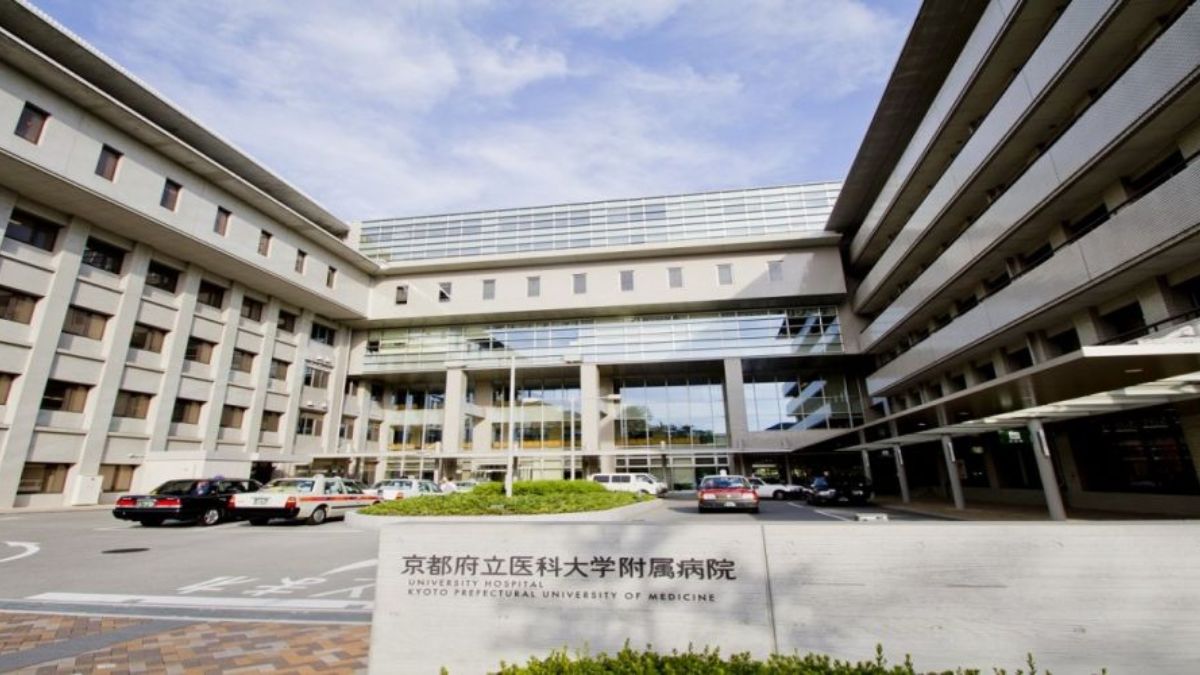Kyoto University Hospital is set to embark on a medical initiative that could revolutionize the treatment of type 1 diabetes. The hospital plans to initiate clinical trials as early as next year, aiming to transplant sheets made from induced pluripotent stem (iPS) cells into patients suffering from a severe form of the disease. This trial represents a significant step forward in regenerative medicine and offers new hope for those grappling with the life-threatening condition.
Type 1 diabetes is a chronic illness characterized by the body’s inability to produce insulin due to the autoimmune destruction of pancreatic beta cells. Patients with severe forms of the disease often struggle to manage blood sugar levels, even with the help of advanced insulin therapies. The clinical trial by Kyoto University Hospital seeks to address this challenge by harnessing the potential of iPS cells, which can be reprogrammed into any type of cell in the body, including insulin-producing beta cells.
The innovative approach involves creating sheets of cells from iPS cells and transplanting them into patients. The idea is that these sheets will function similarly to the patient’s lost beta cells, producing insulin and helping regulate blood sugar levels more effectively. If successful, this treatment could significantly reduce the burden of daily insulin injections and the risk of severe complications such as kidney failure, heart disease, and stroke.
The upcoming trials will build on previous research and experiments in regenerative medicine, particularly those focusing on iPS cells. This type of stem cell was first developed by Japanese scientist Shinya Yamanaka, who won the Nobel Prize in 2012 for his groundbreaking work. Since then, the potential of iPS cells in treating various diseases has been widely explored, with Kyoto University leading the charge in many respects.

